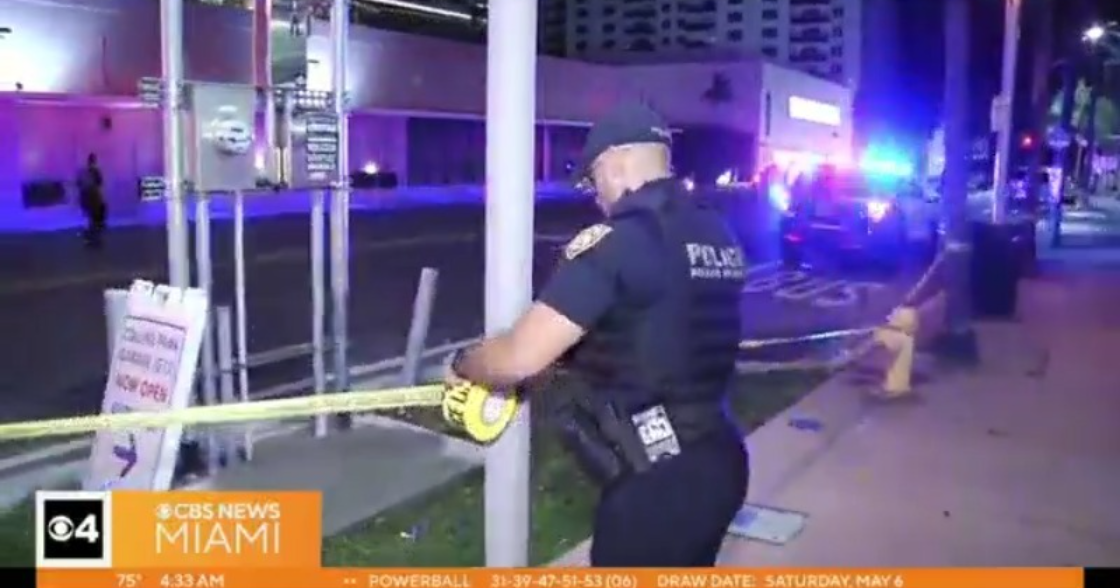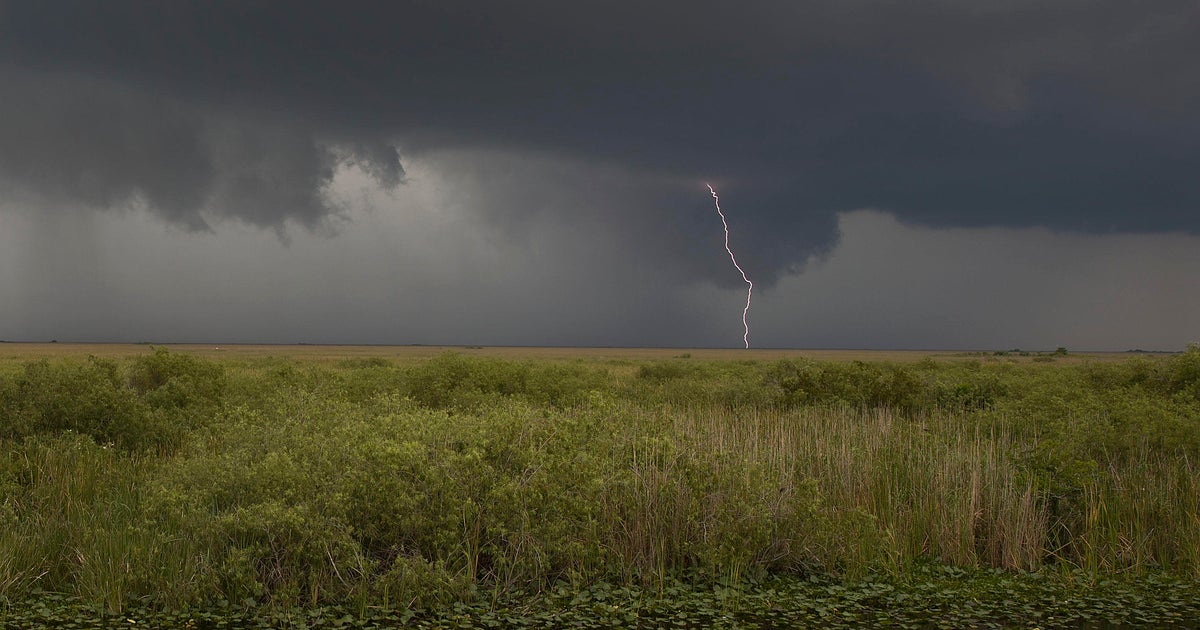Keeping Connected When A Big Storm Hits
Follow CBSMIAMI.COM: Facebook | Twitter
MIAMI (CBSMiami) - The 2015 hurricane season is officially underway.
In recent years the internet has become vital to communication, banking and business. Without it, much of our economy would come to a halt.
In 2005, Facebook was a year old and three out of four people went to the bank to bank. When Hurricane Wilma blew through South Florida it interrupted the internet which was an inconvenience.
Today?
"It would be devastating," according to Miami-Dade Information Technology Director Angel Petisco.
Petisco says life as we know it would come to a hault without the internet.
"It's used more often then ever before," said Petisco.
That's why Miami-Dade has spent millions connecting underground to the NAP in Downtown Miami. It's the hub of South Florida's internet. More than likely your email, posts and banking goes through it. It also connects the internet to much of Latin America.
"Everything, and I mean everything, in that facility is redundant. It is built, designed, engineered to withstand Category 5 hurricanes," said Petisco.
CLICK HERE TO WATCH OUR HURRICANE SPECIAL: SURVIVE THE SEASON
While it's never been tested by Mother Nature's worst, similar access points have been in recent years.
During Superstorm Sandy, facilities in the Northeast were flooded. It took days before networks came back.
"The benefit is we have the exchange point. At the same time, our over reliance on that exchange point is a weakness," said Petisco.
The county has priority access to the in the NAP after a storm so government services like police, fire, and emergency management can function.
But what about you?
Petisco recommends when your internet goes out - use theirs. Plans are in place to keep government buildings including libraries alive with internet and WiFi.
"That's a good lifeline. It's a very good lifeline," said Petisco.
Computer expert Felipe Vidal recommends people prepare as well. Always back up computers and cell phones to an external drive.
A better solution is to backup using cloud based backup systems for as little as five dollars a month. It's great for year round protection from any disaster. However you can't wait until the last minute.
"Doing that while the storm is approaching is not going to buy you enough time to upload all your data to that service in a reliable way. More than likely you wont make it," said Vidal.
His final recommendation? Buy a super battery for your smartphone.
"Nowadays there are very high capacity batteries running for about $30. You can get a battery that is 16,000 mah which allows you to recharge an iPhone 6 four times without a recharge of the main battery," said Vidal.
That's important because mobile internet will likely be back up faster than landlines.
- Click here for a litany of ways to prepare yourself for an impending hurricane from the CBSMiami.com Hurricane Preps page
- Click here for the latest news surrounding hurricanes and the National Hurricane Center
- Click here to see all of the latest maps when a storm forms in the Atlantic
- Click here to download the CBS4 2015 Hurricane Guide (English)
- Click here to download the CBS4 2015 Hurricane Guide (Spanish)



